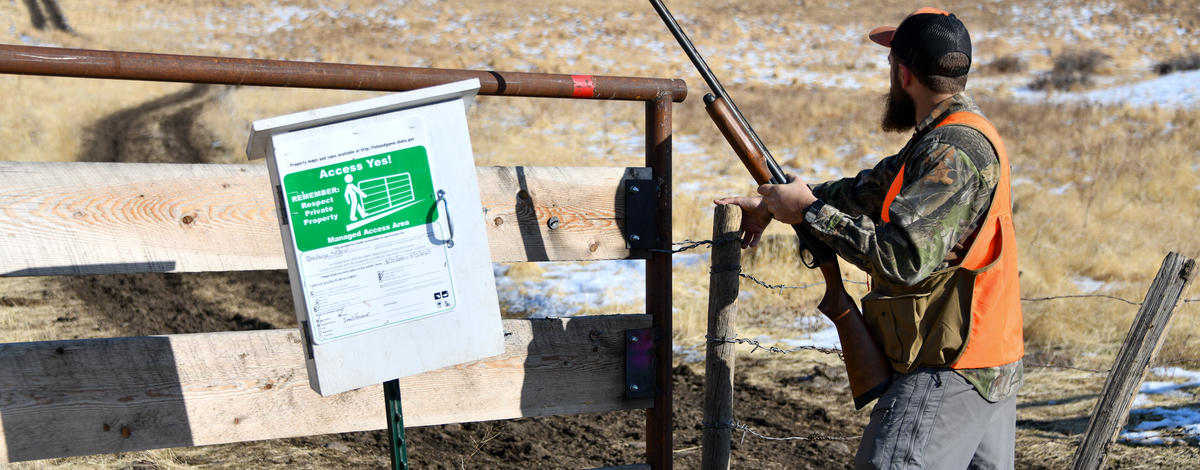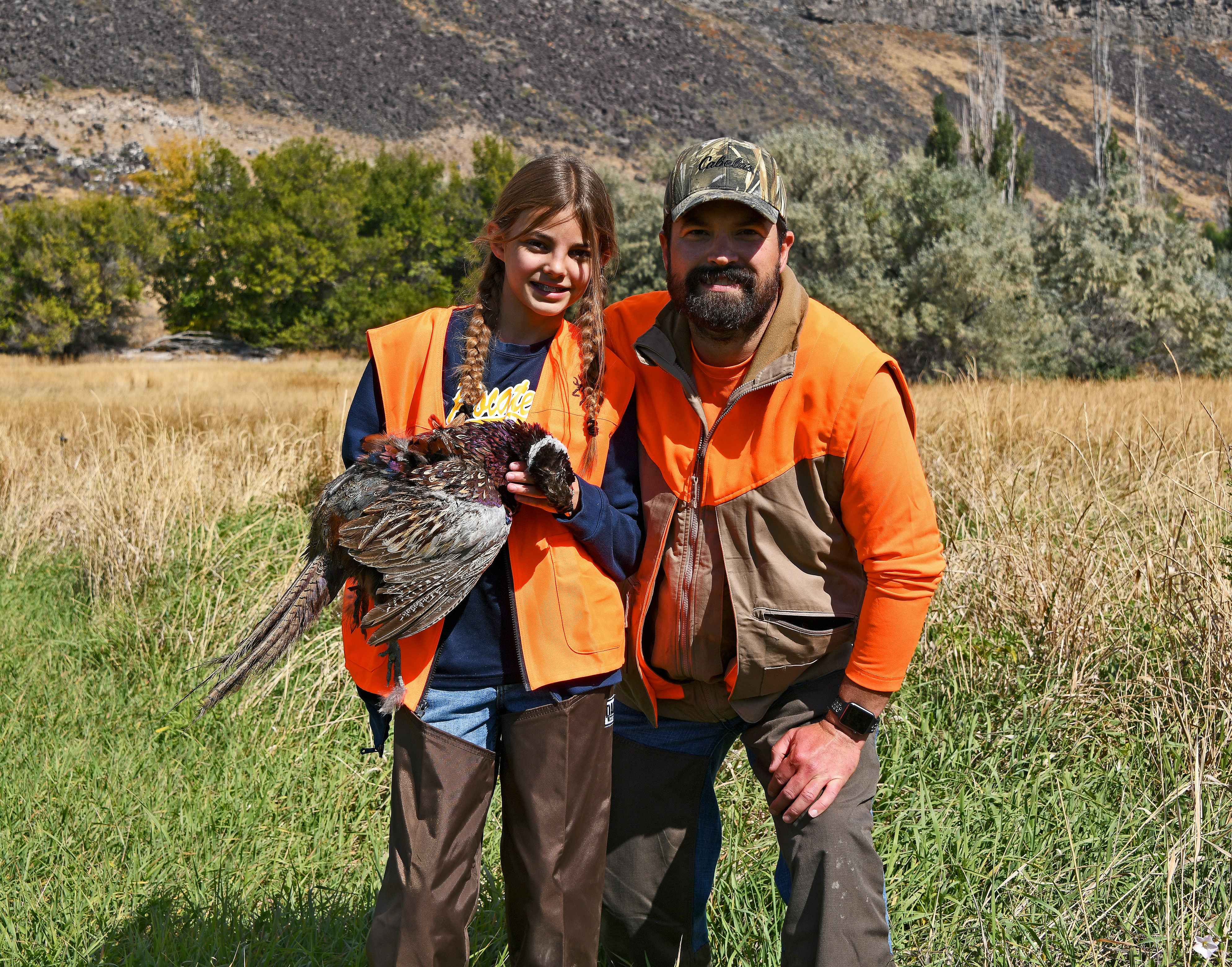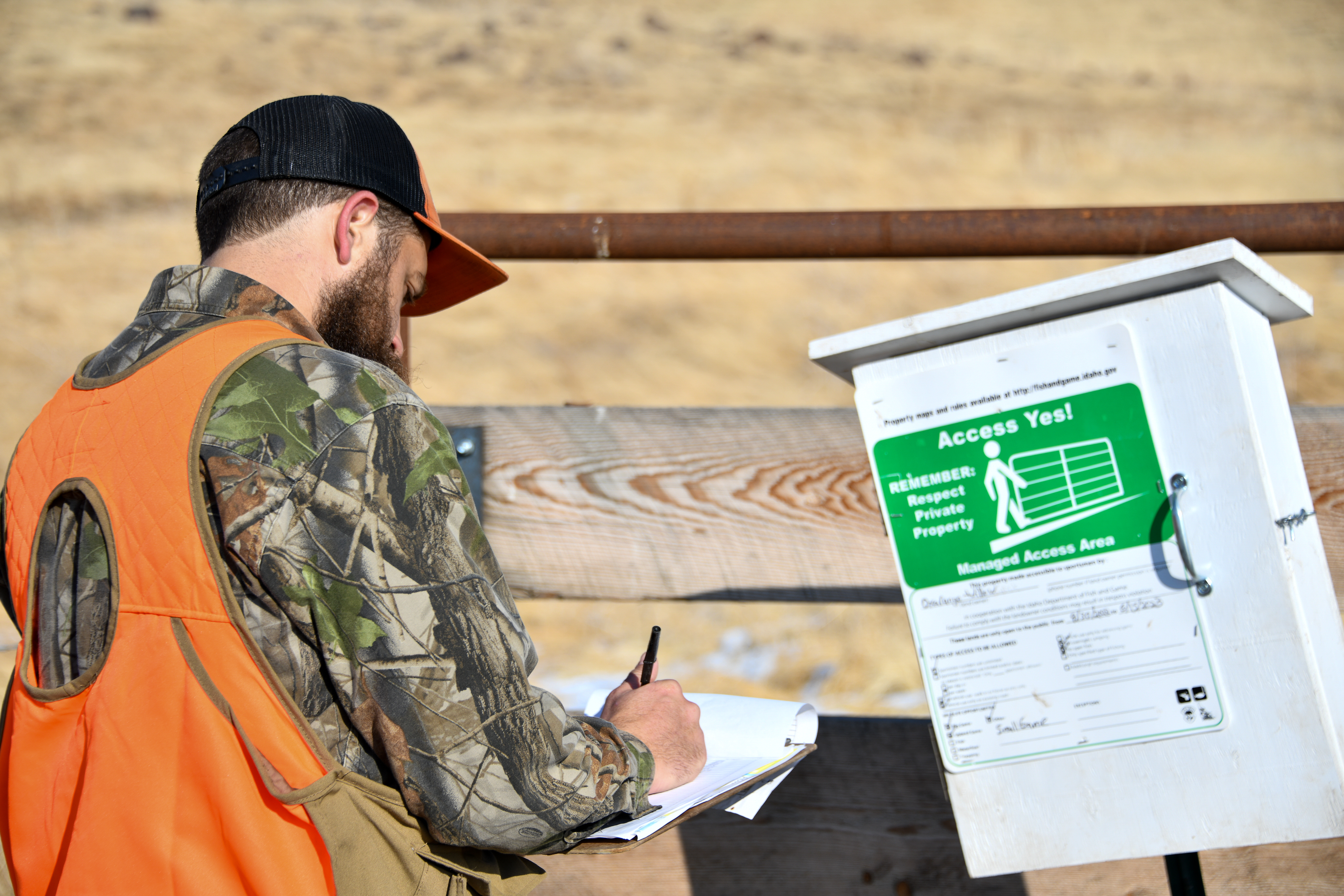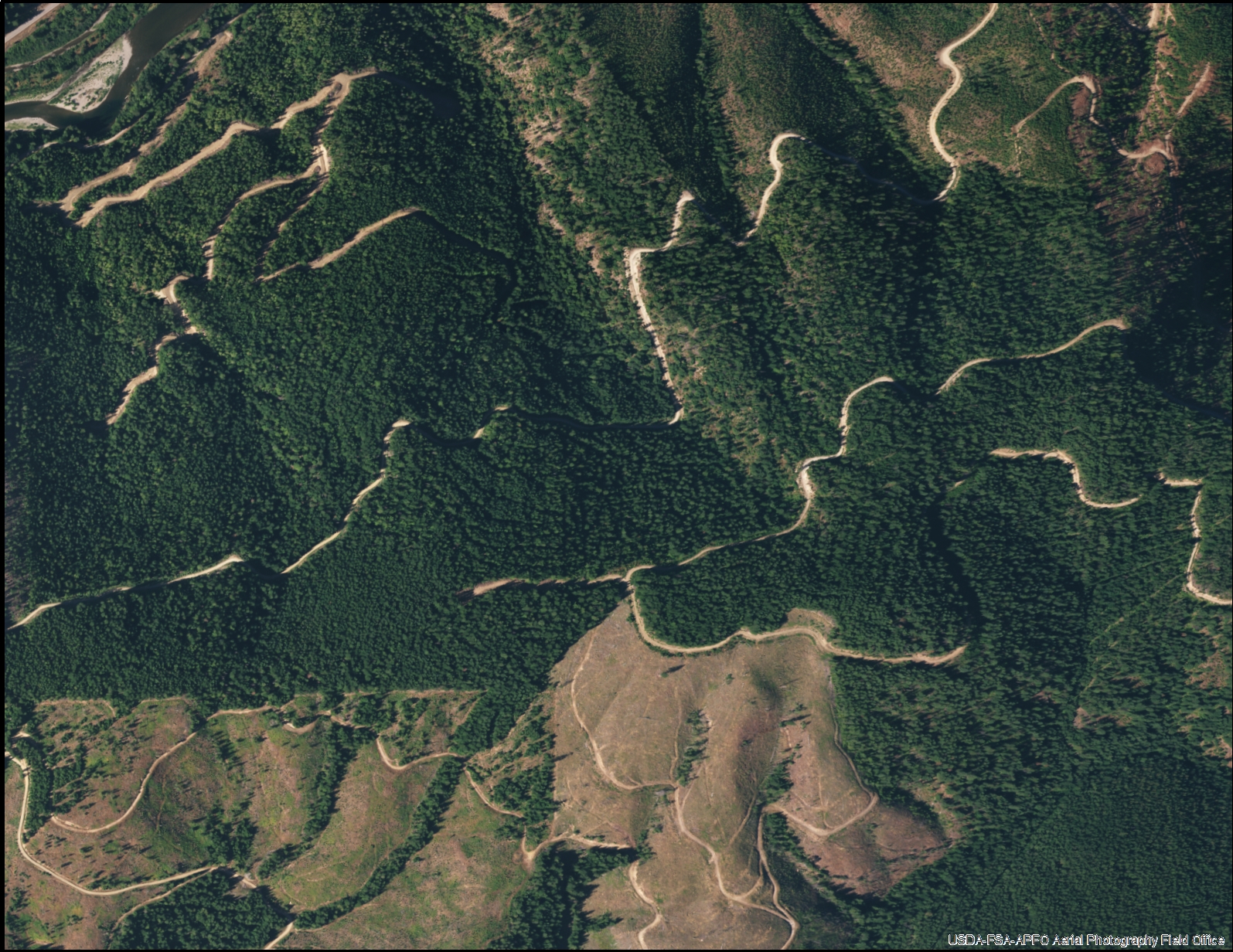Hunting season is here, and a question we commonly get is, “Where can I go hunting?” There’s a lot of good answers to that question in Idaho, starting with nearly two-thirds of the state is public land — and most of it is open for hunting.
Idaho Fish and Game also provides more access for sportsmen and women. The department owns, manages and keeps open to the public about 370,000 acres at its wildlife management areas, and provides millions more acres through its various agreements and lease programs with various state and private lands.
Money for access comes from multiple Fish and Game funds, including Fish and Game’s access/depredation fee that requires a $5 surcharge for residents and a $10 surcharge for nonresidents when they buy their first annual license of the year.
All told, the agreements and leases provide statewide access to excellent wildlife habitat and places for people to hunt, fish, trap and enjoy other wildlife-based recreation.
Here are some of Fish and Game’s programs that support public access.




